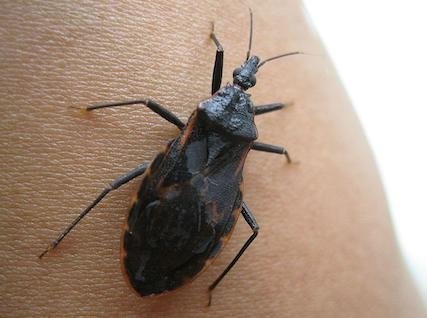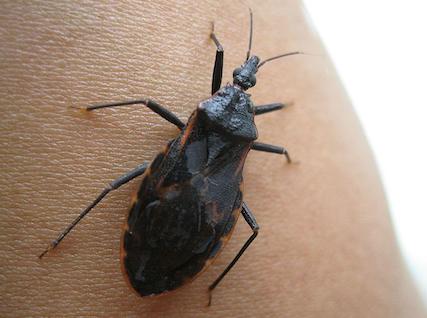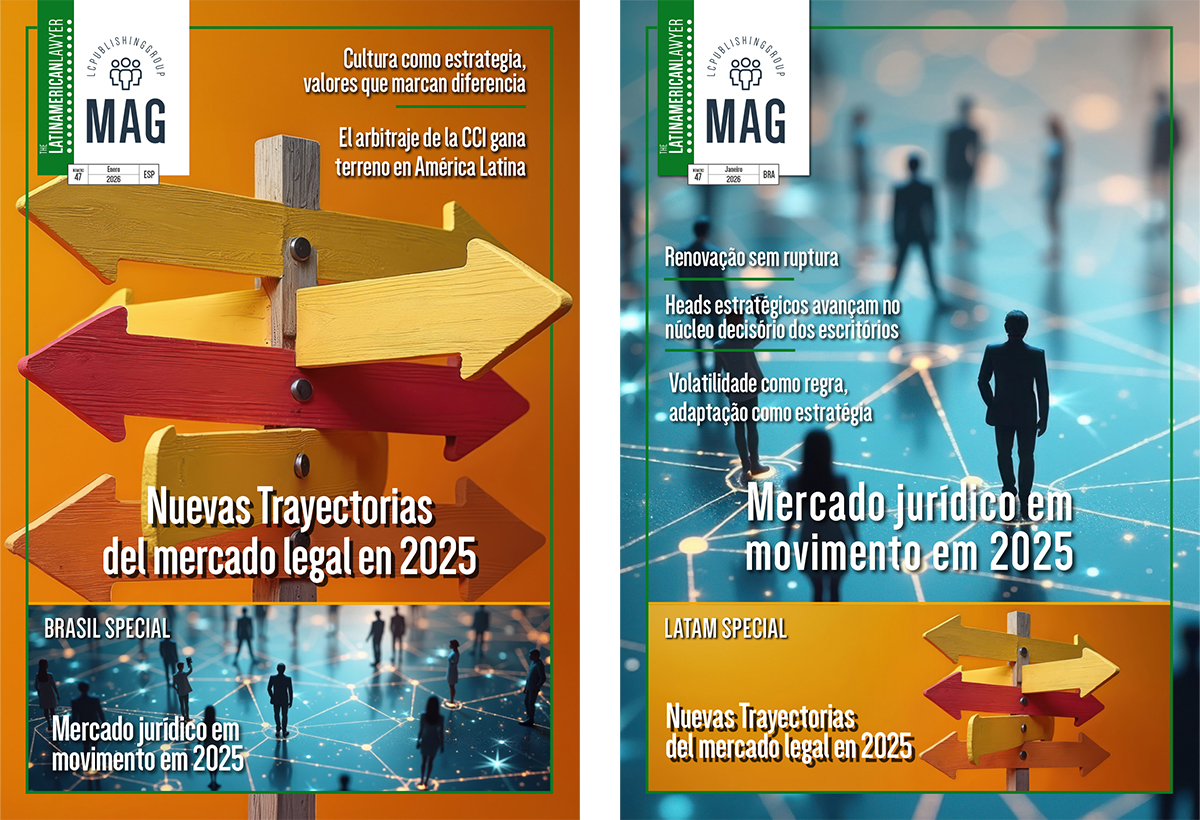García & Bodán assists El Salvador in first foreign patent registration

Central American law firm García & Bodán, through its managing partner in El Salvador Julio Vargas, has advised the country’s Ministry of Education in the processing of patent applications for a chemical compound to treat American Trypanosomiasis, also known as Chagas disease, in Brazil, Japan and the US.
 The chemical agent to treat the disease was developed by El Salvador’s National Center for Scientific Research (CICES).
The chemical agent to treat the disease was developed by El Salvador’s National Center for Scientific Research (CICES).
Chagas is a tropical parasitic disease spread by insects known as Triatominae, or the ‘kissing bug’ (pictured), and which are known as ‘vinchuca’ in Argentina, Bolivia, Chile and Paraguay, ‘barbeiro’ in Brazil, ‘pito’ in Colombia, ‘chinche’ in Central America, and ‘chipo’ in Venezuela.
The symptoms of Chagas disease include fever, swollen lymph nodes, headaches, or local swelling at the site of the bite, and some cases can lead to heart failure.
While mainly found in rural parts of Latin America, movements of individuals from rural to urban areas has led to a greater geographic spread of the disease, and which has been carried to countries outside of the region by migrants.
The disease can also spread through congenital transmission, blood transfusion, and organ transplantation. The two medications currently used to combat Chagas disease are Benznidazole and Nifurtimox.
This is the first time that the Salvadoran government has obtained the registration of international patents.
The legal advice provided by the firm included the preparation of documentation for filing national phase applications in the involved jurisdictions, coordination with the correspondents of each of the steps of the process, including advice at the substantive examination stage to resolve the observations made by the patent offices of each country.
The law firm also assisted in the preparation of technical responses to such observations, in coordination with the inventors of the patented drug, until the granting of the patent was achieved.
García & Bodán worked in coordination with local firm Atsumi Sakai for the patent application in Japan and with law firm Ladas & Parry for the patent in the US.
The patents have subsequently been obtained in Japan and the US, and approval is pending in Brazil.















